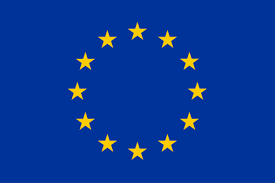RELACS project on track despite Covid-19: First digital annual meeting – 10-12 November, online
The RELACS project’s third annual meeting took place digitally 10-12 November. It demonstrated that research in all work packages is advancing despite Covid-19.
Thanks to the motivation and dedication of all project partners, RELACS already published more than five scientific publications and a policy briefing on the organic approach to inputs. The development of practice abstracts and project videos is ongoing, and results will be published in the coming months. On top of that, RELACS partners participated in a number of events, such as the BIOFACH session on “How much natural inputs does the organic sector need?”, organised by IFOAM Organics Europe.

This year’s excursion took place in the form of a ‘farminar’, an online visit of the newly built structures of the Research Institute of Organic Agriculture (FiBL). Thomas MacAlavey, Hans-Jakob Schärer and Thomas Alföldi showed the project partners around the recently finished stable, which provides more space for cows than required by the EU Organic Regulation and considerably improves animal health and welfare. During the visit of the new greenhouse, participants learned about the intelligent airing system ensuring a decent indoor temperature all year around.



This year’s annual meeting was organised and hosted by FiBL, the project lead. IFOAM Organics Europe is responsible for the communication and dissemination of project results as well as the coordination of the science-practice-policy dialogue.
To learn more, visit the RELACS website and follow the latest project’s developments on Twitter and Facebook.
RELACS seeks to promote the development and adoption of environmentally safe and economically viable tools and technologies to reduce the use of external inputs in organic farming systems.


